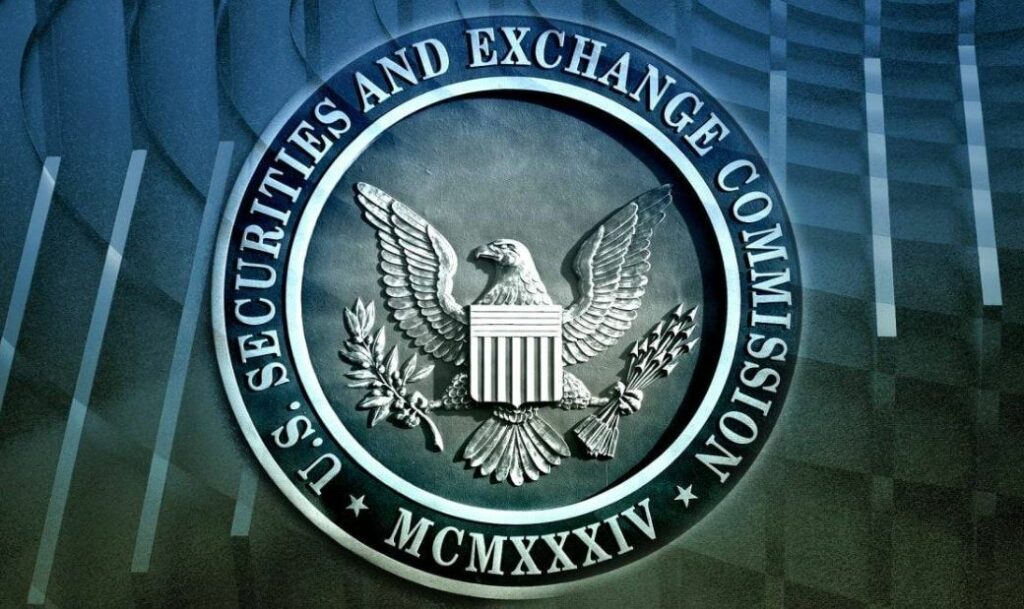
In a fresh move toward tightening crypto regulation, the U.S. Securities and Exchange Commission (SEC) issued a new staff statement on Thursday, urging crypto companies to improve the quality and clarity of their disclosures, especially for tokens that may be considered securities.
The statement, published ahead of the second crypto roundtable – set to focus on trading – emphasizes the importance of transparency in the fast-growing digital asset industry. This nonbinding guidance is part of the agency’s broader push to clarify how federal securities laws apply to crypto assets.

A Call for Detailed Disclosures
According to the SEC, the statement is based on observations of past company filings and disclosures. It does not introduce new laws or rules but offers recommendations to improve current practices. The staff advised crypto companies to be specific about their business operations, token roles, and how these tokens might be classified under existing securities laws.
“These offerings and registrations may involve equity or debt securities of issuers whose operations relate to networks, applications, and/or crypto assets,” the statement said. “These offerings and registrations also may relate to crypto assets offered as part of or subject to an investment contract.”
Although the guidance stops short of naming specific cryptocurrencies or providing a clear framework for determining what qualifies as a security, it underlines a key point: Clarity is critical.
What Companies Should Disclose
The SEC pointed out several elements it expects crypto firms to include in their disclosures:
- Whether the company is developing a crypto or blockchain network
- The purpose and use case of the network
- Key development milestones
- The technology used (such as open-source platforms)
- The rights of token holders
- Technical specifications of the token
By including these details, companies can help the Commission and the public understand the nature of their digital assets and whether they may fall under the commission’s jurisdiction.
Focus on Investor Protection
This new statement comes amid the broader crackdown on the crypto industry, which includes lawsuits against major exchanges and token projects. The agency’s recent activity reflects a growing concern that crypto investors may not be receiving the full picture when participating in token offerings.
The Division of Corporation Finance, which issued the statement, said the move was intended to support the new crypto task force, which is working to define the scope of the agency’s authority over digital assets more clearly.
Not Legally Binding
As with previous statements, the Securities and Exchange Commission made it clear that this guidance is not legally enforceable. It is intended to reflect the views of the staff and does not carry the weight of law. A footnote in the statement reads: “This statement is not a rule, regulation, or statement of the Commission. The Commission has neither approved nor disapproved its content. It has no legal force or effect.”
Still, the message is clear: crypto firms should prepare for increased scrutiny and higher expectations regarding how they communicate with investors.
Building on Past Guidance
This isn’t the first time the Securities and Exchange Commission has issued informal recommendations. Under Acting Chair Mark Uyeda, earlier staff statements addressed issues related to stablecoins and memecoins – types of digital assets that have gained popularity but remain largely unregulated.
This latest update continues the trend, showing that it is committed to gradually shaping the regulatory environment, even if formal rulemaking is still underway.
What’s Next?
The SEC’s upcoming roundtable, which will explore crypto trading practices, may offer further insights into how the agency plans to handle enforcement and regulation in this complex space. For now, crypto companies are being encouraged to align their operations and disclosures with the evolving expectations of U.S. regulators.
As the crypto sector continues to mature, firms that prioritize transparency and compliance may find themselves better positioned in an industry facing growing regulatory pressure.























